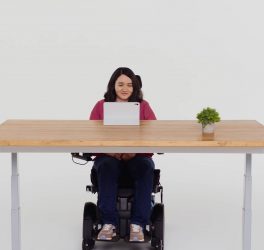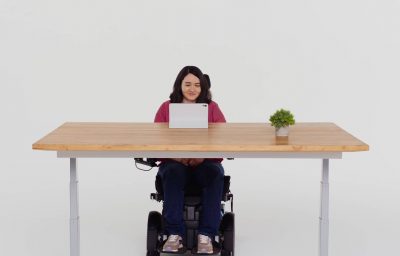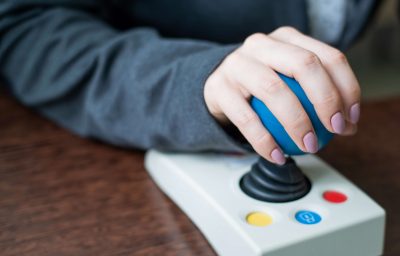
As adults, individuals with autism can be highly dependent on family members or assistance programs for their day-to-day living needs. It has been reported that following high school and up to eight years after, only 17 percent of adults with autism live independently. Developing skills like cooking, getting dressed and cleaning are essential to promoting autonomy and self-determination and improving quality of life. For some individuals with autism, completing daily tasks can be challenging because they often involve sequential steps.
Research has shown that people with autism are strong visual learners. With technological advances, devices such as smart phones and tablets have become more portable and ultimately, accessible to caregivers. However, few studies have examined whether parents can learn to effectively deliver evidence-based practices using portable, mainstream devices like an iPad.
Researchers from Florida Atlantic University and collaborators conducted a small, novel study to examine whether video prompting interventions using an iPad could be effective in increasing parents’ competence and confidence to use mobile devices to interact with their adolescent children with autism. The objective was to evaluate the effects of behavior skills training with follow-along coaching to instruct parents to deliver video prompting with an iPad to teach daily living skills to their children. What makes this study unique is that parents of adolescents were coached and learned to use an iPad in their own homes. While other studies have been successful in teaching parents to implement evidence-based practices, they largely targeted parents of young children.








